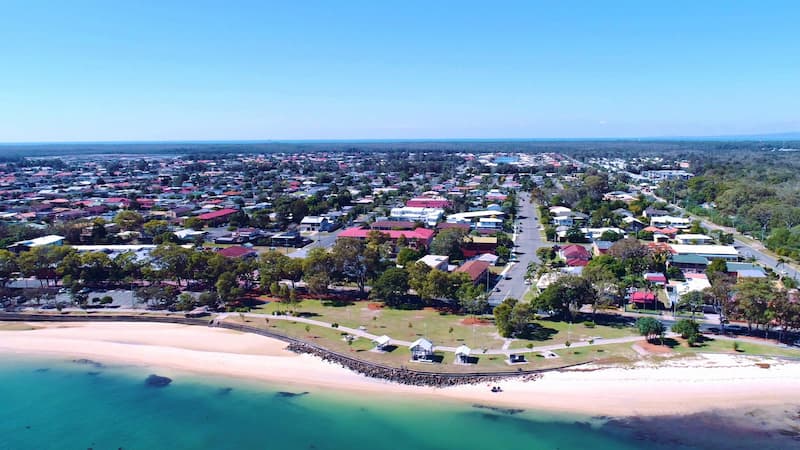School Spotlight: Bribie Island State Primary School

School Spotlight aims to highlight each and every one of the unique schools within the Solar Schools program. This month we’re off to Bribie Island on the northside of Brisbane. Christine Cole the business manager at Bribie Island State Primary School generously sat down with us (virtually) to answer a few important questions.
How would you describe your school? What makes it different/unique from other schools?
At Bribie Island State School we are focused on providing an enriched education for all and maximizing student achievement. To this end, we offer a wide range of learning opportunities and activities designed to enhance the future prospects of our young people as they make their way in a very competitive world. We build productive partnerships with families, local businesses, other educational providers, and community organisations which support students’ academic, personal, social and emotional growth.
Our community values affirm appropriate and consistent behaviour in an environment focused on improving performance. Our Positive Behaviour for Learning (PBL) program is based on three rules – Be Safe, Be Respectful and Be an Active Learner. The program provides support for positive learning environments by developing proactive whole-school systems to define, teach and support appropriate behaviours.
We have an outstanding staff team who are committed to providing our students with quality learning experiences. Staff at Bribie build strong relationships with students and their families to encourage success, improve performance and monitor students’ wellbeing.
Bribie Island State School is a dynamic, growing and ambitious school where we seek to gain the best outcome for each and every student. We are delighted to welcome you to our school community and hope that your school experience is a rewarding and fulfilling one.
Did your school have Energy & Sustainability measures put in place before joining the Solar Schools program? No, why? Yes, what?
Yes. Water tanks, guidelines for use of air/conditioners, recycling program. In previous years the school has worked with energy suppliers to manage our environmental footprint.
How (or where) did you rst hear about the Solar Schools program and what prompted your school to want to join? Eg, sustainability education, values, mission etc
Via OnePortal.
Does the Solar Schools program help your teaching team achieve education objectives? If so how?
Our science teachers reference solar schools program within her current teaching program. In Year 2 we use the Knowledge Bank of resources to learn more about renewable and non-renewable resources as this supports our Term 4 Science Unit of work. We’ve also explored the Sustainability pages to learn more about reducing, reusing and recycling to reduce our carbon footprint.
Does the Solar Schools program help students achieve energy/sustainability goals at school and home? If so how?
The program as currently implemented helps students become aware of how we use energy and resources and identify strategies for reducing our environmental footprint both at school and at home.
Has Solar Schools helped your school reduce electricity usage and costs? If so do you know by how much?
Yes the program has reduced costs and our environmental footprint since beginning. It has also enabled the school to effectively manage the cooling program.
What activities has your school/classrooms undertaken that are changing behaviours around energy and energy efficiency? Have you noticed a difference before and after the Solar Schools program was implemented?
How can we efficiently reduce electricity use.
- turning lights off
- air-conditioners at 25oC
- staff considered using curtains/ window tint.
- open windows instead of using air-conditioners when possible
Would you recommend Solar Schools to other schools (or organisations)? If so, what would you tell them about Solar Schools and, want them to get from the program?
Yes as it has reduced our environmental usage and costs and provides real time relevant data for our school to reect on how we can reduce our energy waste.
